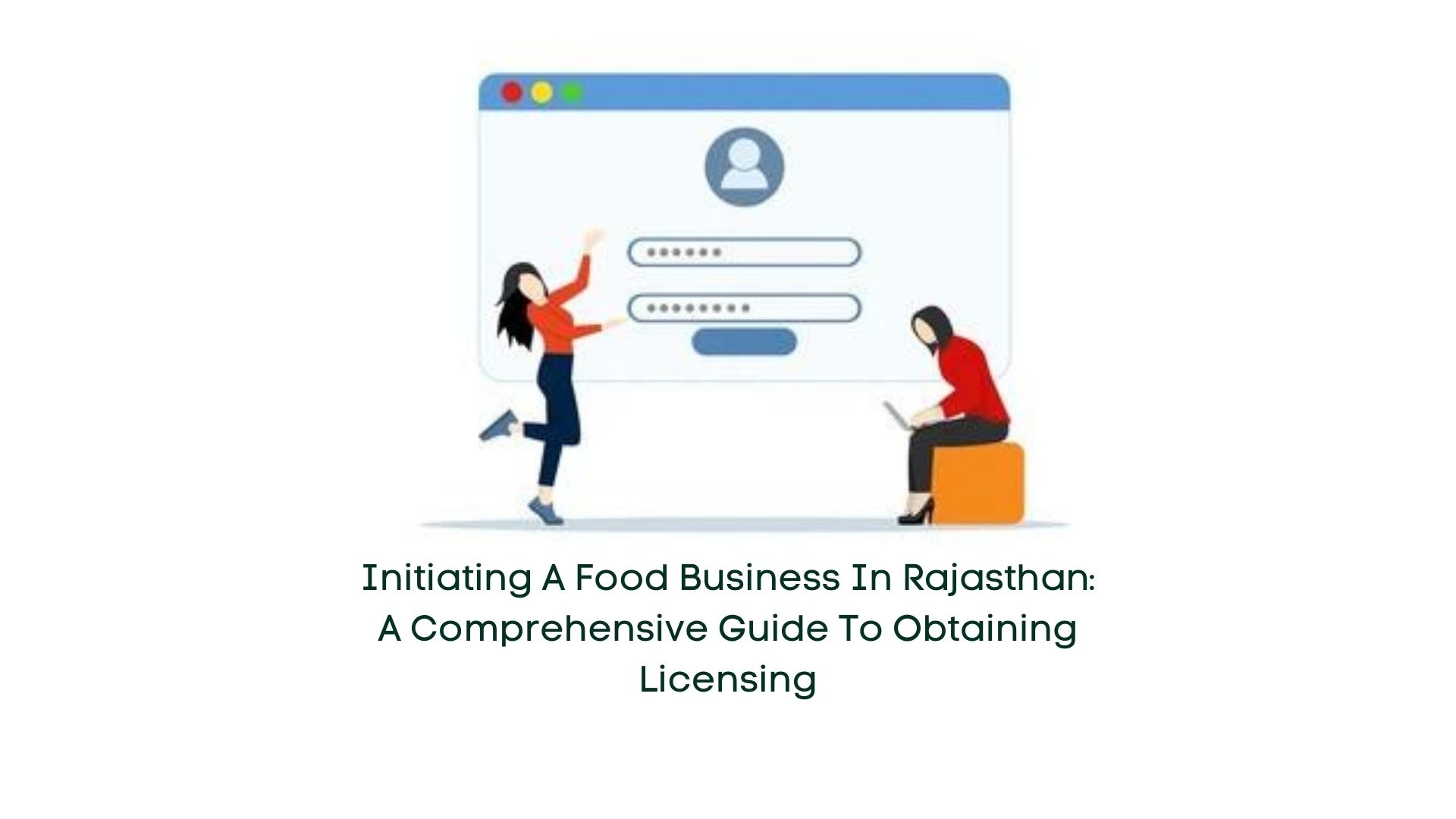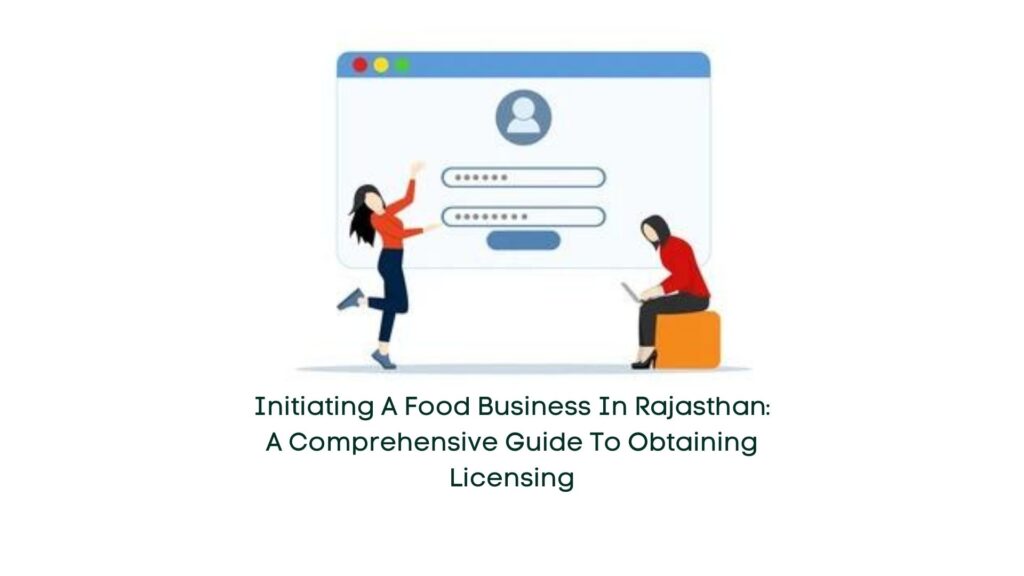
28 Feb Initiating a Food Business in Rajasthan: A Comprehensive Guide to Obtaining Licensing

In Rajasthan, as the food industry burgeons with numerous operators, the Food Safety and Standards Authority of India, operating under the Ministry of Health & Welfare, diligently upholds food safety standards nationwide. For aspiring food business operators in Rajasthan, compliance with FSSAI regulations is imperative to commence operations smoothly. Understanding the intricacies of acquiring a food license in Rajasthan is crucial. This article delves into the various types of licenses, the application process, and the requisite documentation for FSSAI licensing.
Licensing Framework in Rajasthan:
The pivotal role played by the Food Safety and Standards Authority of India and the State Food Authorities cannot be overstated in ensuring adherence to food quality standards. These regulatory bodies employ stringent measures to safeguard consumers from harmful substances in food. Food business operators, including meat processing units, proprietary foods manufacturers, restaurants, hotels, and dairy units, among others, are required to obtain either a State or Central FSSAI License.
Types of Licenses:
Rajasthan offers two primary types of food licenses: State FSSAI License and Central FSSAI License, in addition to an FSSAI License tailored for petty food retailers. The classifications are as follows:
- Basic FSSAI Registration: Designed for small-scale food businesses with an annual turnover below Rs. 12 Lakhs, valid for 1 to 5 years.
- State FSSAI License: Mandatory for businesses with an annual turnover exceeding Rs. 12 Lakhs. This license, with a validity of 1 to 5 years, caters to small and medium-sized manufacturers, storage units, retailers, and distributors.
- Central FSSAI License: Compulsory for enterprises with a turnover surpassing Rs. 20 Crore. Mainly targeted at large manufacturers, export-oriented units, and entities under central government agencies.
Application Process:
To initiate the licensing process, prospective food business operators must adhere to the following steps:
- Obtain FSSAI Registration by submitting Form A or Form B to the Food and Safety Department or via the FoSCoS portal.
- Select the appropriate business category and ensure eligibility for licensing or registration. Submit requisite self-attested documents along with the application and fee.
- Upon submission, the Registration authority confirms jurisdiction and processes the application, scrutinizing documents thoroughly.
- Authorities may conduct a premises inspection before granting the license or registration certificate.
- Upon approval, the license or registration certificate, complete with a registration number and applicant's photograph, is issued. Display of this certificate during business hours is mandatory.
Documentation Requirements:
The documentation process varies depending on the type of license sought:
- Basic FSSAI License: Requires passport-sized photograph, PAN Card, identification proof, address proof, and relevant property documents.
- FSSAI State License: Involves submission of Form-B, premises layout, partnership affidavit (if applicable), director/partner details, equipment list, and various other documents.
- FSSAI Central License: Similar documentation to State License, with additional requirements such as water analysis report, turnover proof, and NOCs.
Conclusion:
In Rajasthan, obtaining a food license is a non-negotiable aspect for aspiring food business operators. Compliance with regulatory standards not only ensures legal standing but also fosters consumer trust and upholds food safety. By navigating the licensing process meticulously and adhering to prescribed regulations, entrepreneurs can pave the way for a successful venture in the vibrant food industry of Rajasthan.


No Comments